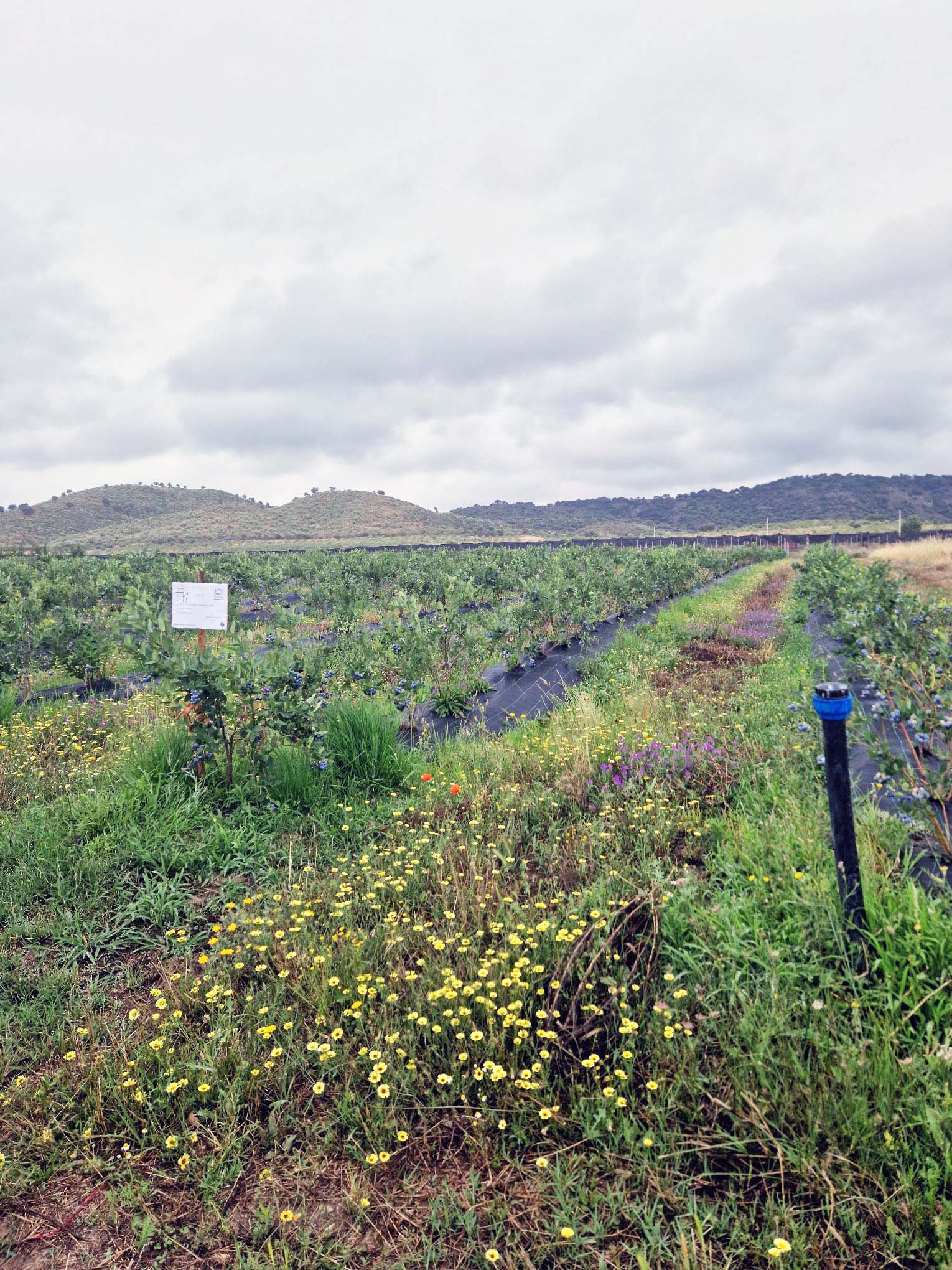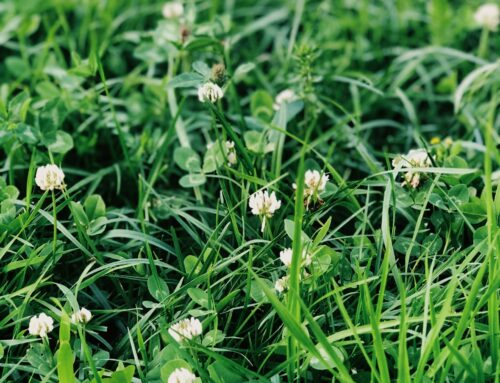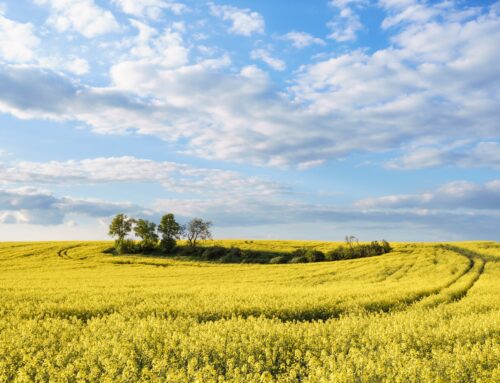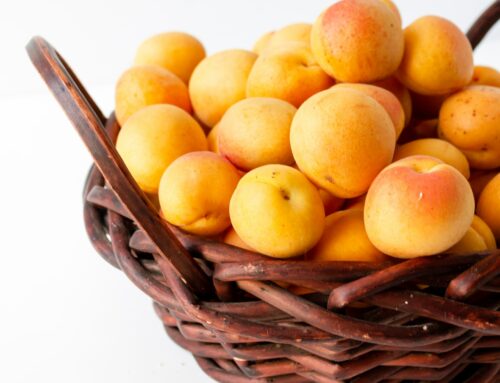Bare agricultural soil is soil that has no plants to protect it from the action of the sun, wind and rain. This type of soil is exposed to a series of processes that negatively affect its quality and productivity.
One of these processes is moisture loss. Water that infiltrates into bare soil evaporates rapidly from the sun’s heat, reducing the availability of water for plants and soil-dwelling microorganisms. In addition, rain falling on bare soil can wash away some of the nutrients and organic matter on the surface, which impoverishes the soil and reduces its capacity to retain water.
Another process that affects bare soil is salinization. Salinization occurs when evaporating water leaves behind dissolved salts in the soil, which increases their concentration and hinders plant growth. Salinization can be caused by natural factors, such as arid climate or the presence of saline groundwater, or by human factors, such as excessive irrigation or the use of chemical fertilizers.
Finally, bare soil is also susceptible to solidification. Solidification refers to the hardening and compaction of the soil, which reduces its porosity and permeability. Solidification can be caused by the impact of raindrops, which break up the soil aggregates and compact them, or by the trampling of animals or agricultural machines, which exert pressure on the soil.
On the other hand, a soil with vegetation cover has a number of advantages over bare soil. Plant cover can be natural, such as wild plants or plant debris, or artificial, such as intercropping or green manures. The vegetation cover protects the soil from erosion, evaporation, salinization and solidification, while improving its structure, fertility and biodiversity.
How does bare soil behave in stone fruit fields?
Bare soils present a number of problems that negatively affect the production and quality of stone fruits, such as:
– Erosion: Bare soil is lost by water and wind, which reduces the soil’s fertility and moisture holding capacity.
– Compaction: Bare soil becomes caked due to trampling by animals and machines, which hinders root development of trees and water infiltration.
– Evaporation: Bare soil is heated more by solar radiation, which increases evaporative water loss and reduces water availability to plants.
– Weeds: Bare soil is more prone to invasion by weeds, which compete with trees for water, nutrients and light, and can harbor pests and diseases.
For these reasons, it is recommended to avoid bare soil in stone fruit fields, and to opt for other soil management alternatives, such as mulching, planting cover crops or minimum tillage.






